The Vancouver real estate market continues to be a dynamic and complex landscape, attracting both local and international attention. As one of Canada’s most sought-after urban markets, understanding the current trends is crucial for potential buyers, sellers, and investors looking to make informed decisions in Vancouver’s real estate scene.
Introduction to Vancouver’s Real Estate Ecosystem
The Vancouver real estate market is a testament to the city’s dynamic economic landscape, offering a complex and fascinating investment environment. Nestled between the Pacific Ocean and the Coast Mountains, Vancouver presents a unique real estate market that attracts local and international investors, homebuyers, and real estate enthusiasts.
Comprehensive Market Overview
Historical Context of Vancouver Real Estate
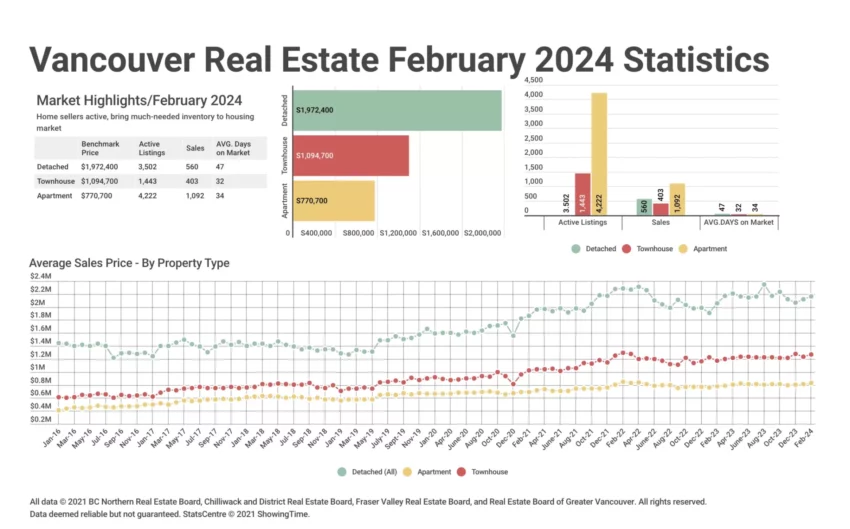
Vancouver real estate journey has been nothing short of remarkable. From a relatively modest market in the early 2000s to becoming one of Canada’s most expensive and sought-after real estate destinations, the city has undergone significant transformations. The evolution of Vancouver real estate reflects broader economic trends, demographic shifts, and urban development strategies.
Current Market Dynamics
The Vancouver real estate market in 2025 presents a nuanced landscape characterized by:
- Continued urban densification
- Increasing focus on sustainable housing
- Technological integration in property transactions
- Shifting demographic preferences
Detailed Market Segments
Detached Homes

Detached homes in Vancouver represent a premium segment of the real estate market. Neighborhoods like Shaughnessy, Point Grey, and West Vancouver continue to command top-tier prices, reflecting the enduring appeal of spacious, standalone properties.
Condominium Market
The Vancouver BC real estate listings for condominiums show a robust and evolving market. Young professionals, downsizers, and investors are increasingly drawn to high-rise and mid-rise developments that offer:
- Modern amenities
- Strategic locations
- Lower maintenance requirements
- More affordable entry points
Commercial Real Estate Trends
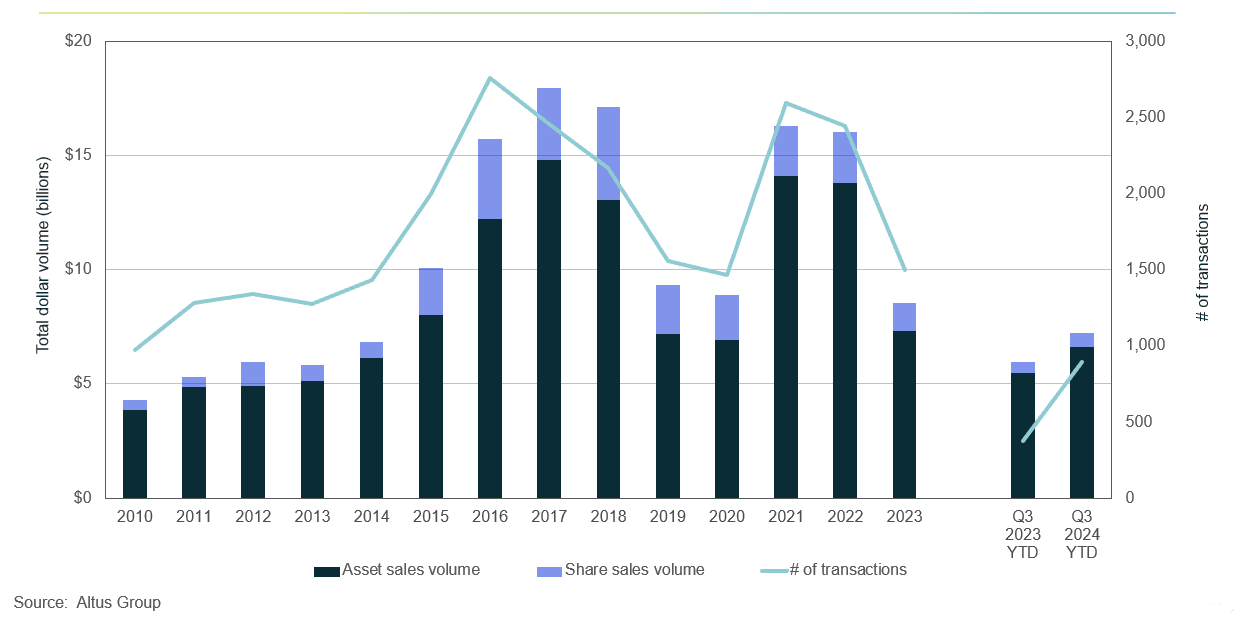
The commercial real estate sector in Vancouver demonstrates remarkable resilience and adaptability. Key trends include:
- Flexible workspace designs
- Green building certifications
- Mixed-use development projects
- Technology-enabled commercial spaces
Investment Considerations
Financial Strategies for Vancouver Real Estate
Potential investors should consider multiple approaches:
- Long-Term Appreciation Vancouver real estate historically demonstrates strong long-term value appreciation. Strategic investments in emerging neighborhoods can yield significant returns.
- Rental Market Potential With a robust job market and continuous influx of professionals, the rental market remains strong. Investors can leverage:
- Student housing near universities
- Professional-oriented rental properties
- Short-term vacation rental opportunities
- Emerging Neighborhood Investments Areas like Mount Pleasant, East Vancouver, and False Creek continue to show promising investment potential, offering more accessible entry points compared to traditional high-end neighborhoods.
Regulatory Landscape
Government Policies Impacting Real Estate
The Vancouver real estate board and local government have implemented various measures to:
- Control housing affordability
- Manage foreign investment
- Promote sustainable urban development
- Protect long-term residents’ interests
Key regulatory interventions include:
- Foreign buyers tax
- Speculation and vacancy tax
- Zoning modifications
- Affordable housing requirements
Technological Disruption in Real Estate
Digital Transformation
The Vancouver Canada real estate prices and transaction methods are increasingly influenced by:
- Advanced property valuation algorithms
- Virtual property tours
- Blockchain-based property transactions
- AI-driven market prediction tools
Challenges and Opportunities

Affordability Concerns
Vancouver’s real estate market continues to grapple with significant affordability challenges that have become increasingly complex over the years. Despite periodic market corrections, the city maintains its reputation as one of the most expensive real estate markets in Canada. Multiple factors contribute to this ongoing affordability crisis:
- Income-to-Price Ratio: The median housing prices significantly outpace local median incomes, creating a substantial gap for potential homebuyers.
- Foreign Investment: Historical influxes of international capital have driven up property values, particularly in prime locations.
- Limited Middle-Income Housing: The market struggles to provide adequate housing options for middle-income earners, including professionals, young families, and essential workers.
- Generational Wealth Disparity: Younger generations face increasingly difficult barriers to entering the housing market, with many relying on familial support or experiencing prolonged rental situations.
Local government and real estate boards have attempted various interventions, including:
- Foreign buyer taxes
- Speculation taxes
- Affordable housing initiatives
- Increased density zoning
However, these measures have produced mixed results, with the fundamental challenge of housing affordability remaining a critical issue in Vancouver’s real estate landscape.
Supply Constraints
The geographical and regulatory landscape of Vancouver presents unique challenges to housing supply that extend far beyond typical urban development constraints:
Geographical Limitations
- Natural Boundaries: Surrounded by mountains and ocean, Vancouver has extremely limited expansion possibilities.
- Land Scarcity: The city’s physical layout restricts traditional horizontal urban growth.
- Topographical Challenges: Steep terrain and protected natural areas further complicate development efforts.
Regulatory Barriers
- Strict Zoning Regulations: Comprehensive and often complex zoning laws significantly impede new housing development.
- Community Resistance: Neighborhood opposition to high-density developments often slows or prevents new housing projects.
- Environmental Protections: Stringent environmental regulations add layers of complexity to new construction.
Development Challenges
- High Development Costs: Expensive land acquisition and construction costs make many potential projects financially unfeasible.
- Lengthy Approval Processes: Bureaucratic hurdles can extend project timelines by months or even years.
- Infrastructure Limitations: Existing infrastructure struggles to support rapid urban densification.
Economic Uncertainties
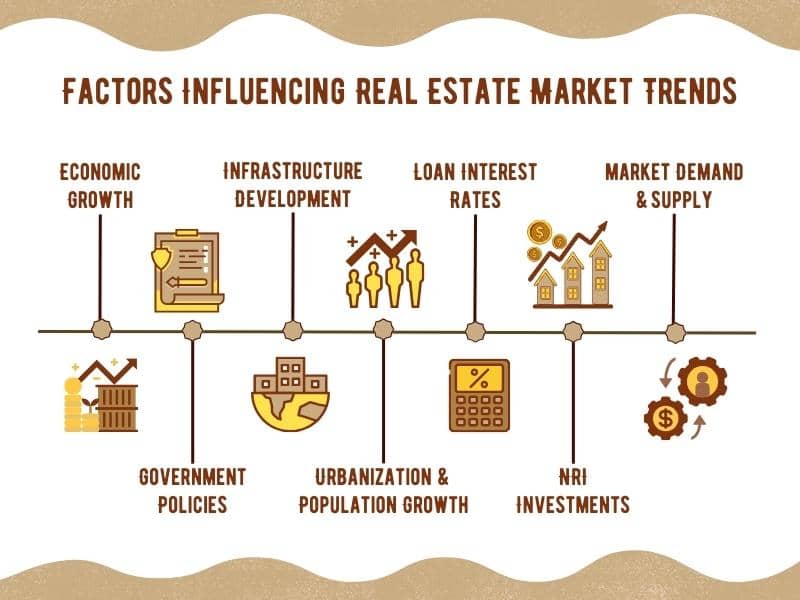
The Vancouver real estate market exists within a complex ecosystem of global and local economic dynamics that create significant unpredictability:
Global Economic Factors
- International Investment Fluctuations: Changes in global capital flows directly impact Vancouver real estate market.
- Currency Exchange Rates: Variations in international currencies affect foreign investment patterns.
- Global Economic Instability: Broader economic uncertainties create cautious investment environments.
Local Economic Dynamics
- Employment Market Volatility: Shifts in key industries like technology, film, and natural resources impact real estate demand.
- Interest Rate Fluctuations: Bank of Canada monetary policies create continuous market adjustments.
- Migration Patterns: Local and international migration significantly influences housing demand.
Emerging Economic Trends
- Remote Work Impact: Changing workplace dynamics alter housing preferences and location values.
- Sustainable Development: Increasing focus on green technologies and sustainable living impacts property valuations.
- Technology Sector Growth: Continued expansion of Vancouver’s tech industry drives specific real estate market segments.
These economic uncertainties create a complex landscape where traditional market prediction models become increasingly challenging to apply. Investors and homebuyers must remain adaptable, continuously educating themselves about emerging trends and potential market shifts.
The interplay of affordability challenges, supply constraints, and economic uncertainties ensures that Vancouver’s real estate market remains one of the most dynamic and complex in Canada.
Emerging Opportunities
Sustainable Housing

Green building technologies and eco-friendly designs are rapidly transforming Vancouver’s real estate landscape, reflecting the city’s commitment to environmental sustainability. Developers and homeowners are increasingly prioritizing sustainable housing solutions that minimize carbon footprints and maximize energy efficiency.
This trend goes beyond simple energy-saving measures, encompassing holistic approaches to construction that integrate advanced materials, innovative design principles, and cutting-edge environmental technologies.
Key sustainable housing developments in Vancouver include:
- Net-zero energy buildings
- Passive house designs
- Integrated renewable energy systems
- Sustainable material sourcing
- Green roof technologies
- Water conservation mechanisms
The Vancouver real estate market is witnessing a significant shift, with eco-friendly properties commanding premium prices and attracting environmentally conscious buyers who view sustainability as a critical investment criterion.
Transit-Oriented Developments
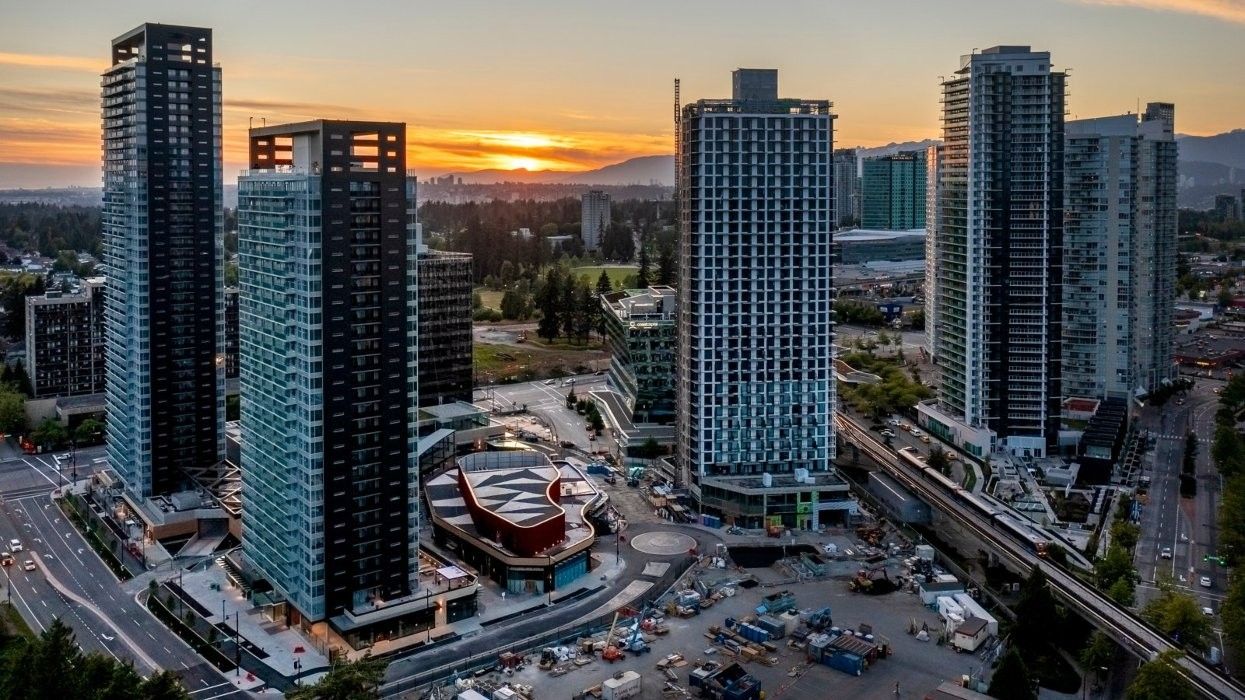
Properties near public transportation continue to see increased value, becoming a cornerstone of urban real estate strategy in Vancouver. These transit-oriented developments represent a sophisticated approach to urban planning that integrates residential, commercial, and transportation infrastructure.
The proximity to efficient public transit systems dramatically enhances property desirability, reducing transportation costs, minimizing carbon emissions, and providing residents with exceptional mobility and convenience.
Vancouver’s transit-oriented developments offer multiple advantages:
- Reduced dependency on personal vehicles
- Lower transportation-related expenses
- Enhanced community connectivity
- Increased property value appreciation
- Improved quality of life
- Access to multiple transportation networks
Real estate investors and homebuyers increasingly recognize these developments as smart, future-proof investments that align with urban sustainability goals and changing lifestyle preferences.
Technological Integration
Smart home technologies and energy-efficient designs are becoming transformative differentiators in the Vancouver real estate market. This technological revolution goes far beyond simple digital conveniences, representing a comprehensive reimagining of residential living spaces.
Advanced systems now integrate artificial intelligence, Internet of Things (IoT) technologies, and sophisticated energy management platforms to create homes that are not just living spaces, but intelligent, responsive environments.
Technological integration in Vancouver real estate encompasses:
- Advanced home automation systems
- AI-powered energy management
- Predictive maintenance technologies
- Enhanced security infrastructures
- Remote monitoring capabilities
- Intelligent climate control systems
- Energy consumption optimization
These technological innovations are reshaping buyer expectations, with tech-enabled properties attracting premium interest from sophisticated, forward-thinking consumers who value efficiency, convenience, and sustainable living solutions.
Conclusion: Navigating Vancouver’s Real Estate Landscape
The Vancouver real estate market remains a complex, dynamic ecosystem requiring careful navigation. Successful engagement demands a multifaceted approach that prioritizes continuous market research and a deep understanding of both local and global economic trends. Investors and homebuyers must remain vigilant, constantly updating their knowledge of the ever-changing real estate landscape.
Equally crucial is the ability to maintain flexibility in investment strategies and seek professional guidance. The most successful participants in the Vancouver real estate market are those who can adapt to changing conditions, pivot their approaches when necessary, and leverage the expertise of local real estate professionals who understand the nuanced market dynamics.



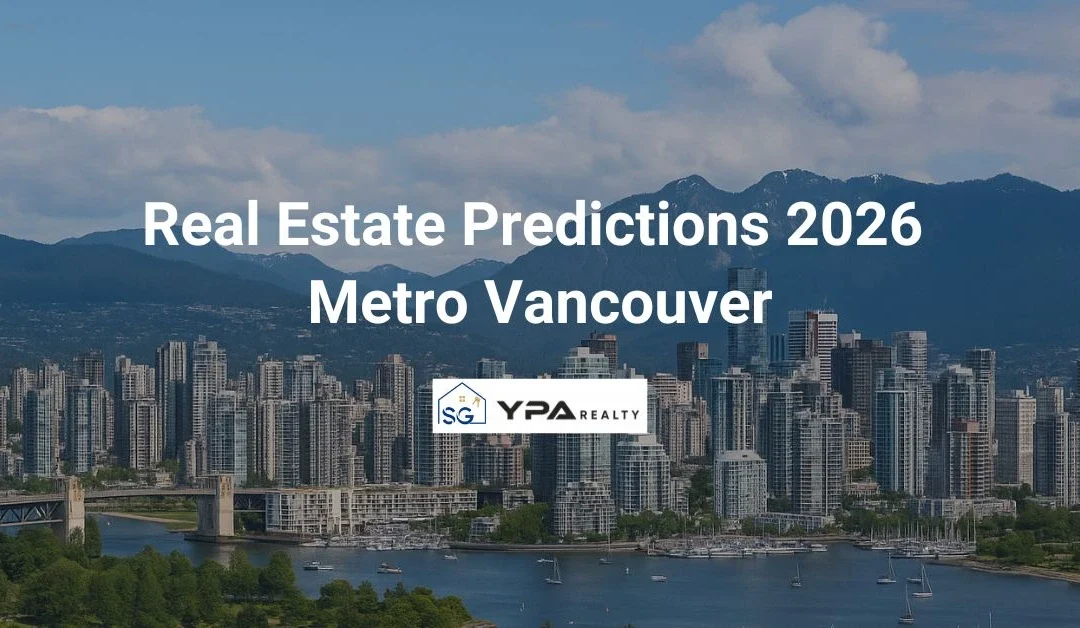
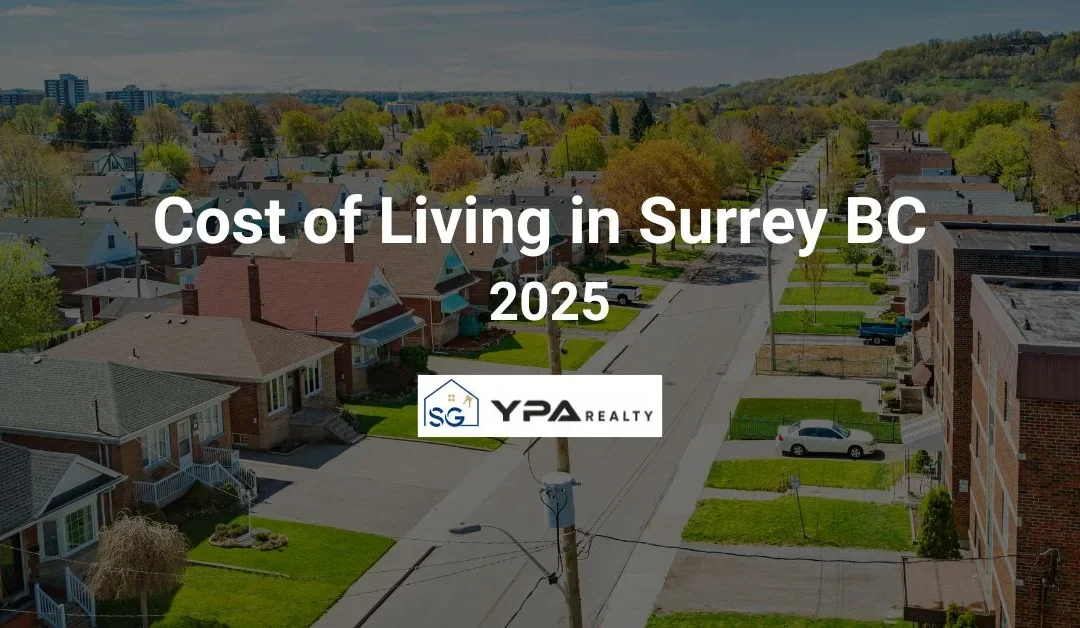

0 Comments